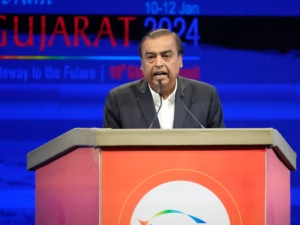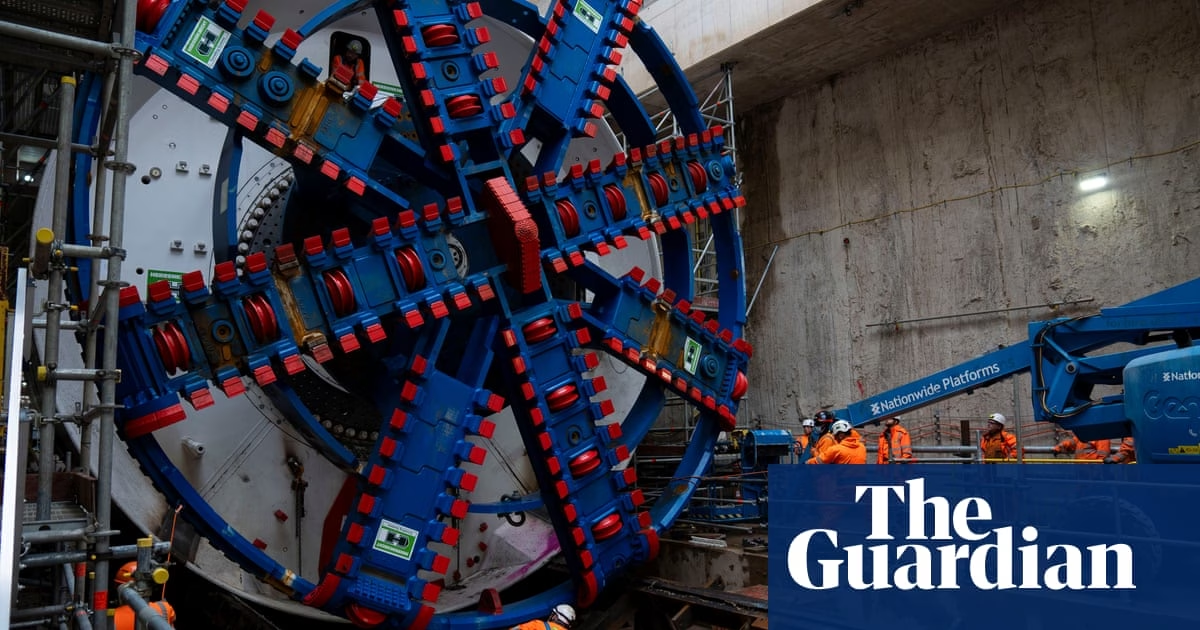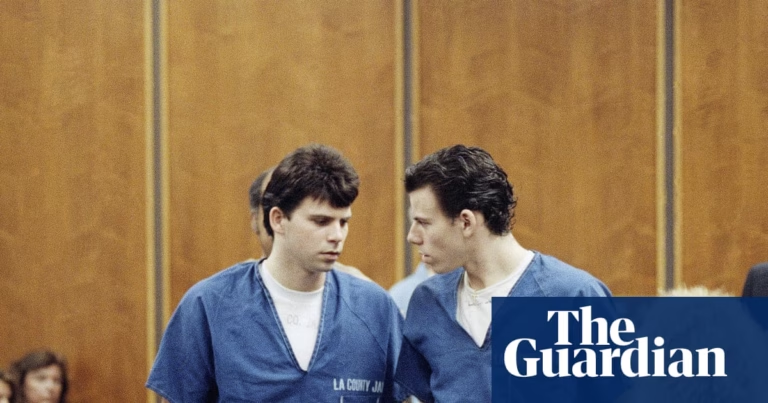The latest report from the Public Accounts Committee (PAC) accuses HS2, the high-speed rail project, of being “a prime example of poor project management” due to its significant issues. According to the MPs on the committee, both the Department for Transport (DfT) and HS2 Ltd have failed to collaborate effectively and must seize the opportunity to control costs during the project’s latest “reset.”
The committee criticized the fact that after over a decade, the true cost, scope, completion date, and benefits of the project remain uncertain. Members of Parliament pointed out that despite initial plans to link London, Manchester, and Leeds, the HS2 network will now only stretch from London to Birmingham.
The ongoing disagreements between the DfT and HS2 Ltd regarding the project’s cost—ranging from £45-54 billion and £54-66 billion, respectively—were highlighted as evidence of the “cycle of repeated failure.” However, with rapidly increasing inflation, the actual total cost is estimated to be nearing £80 billion today.
MPs also expressed concerns about the redevelopment of Euston station in London. While the government has confirmed that the service will terminate in central London rather than the suburbs, the DfT still lacks a plan for the necessary work at Euston.
The new CEO of HS2 Ltd, Mark Wild, who previously managed the delivery of the Elizabeth line, acknowledges the poorly designed contracts with construction firms as a cause of cost escalations and is leading a review and reset of the remaining works. Despite this, the MPs have little confidence in the current efforts to control costs and urged the DfT and HS2 Ltd not to squander this latest reset opportunity.
A previous review in 2020 due to escalating costs and delays led to former Prime Minister Boris Johnson’s decision to push forward with the project, although the extension to Leeds has since been dropped. The government’s recent decision to cancel the line north of Birmingham was also mentioned.
The spokesperson for HS2 Ltd agreed with the committee’s conclusion about the management failures and the need for a reset. They highlighted the necessity of decisive action by the new CEO to get the project back on track at the lowest possible cost.
Suppliers to the project, represented by the High-Speed Rail Group, criticized the damaging impact of government interventions over the past two years, stating that each change in scope has led to added delays and costs.
The Chair of the PAC, Geoffrey Clifton-Brown, urged treating HS2 as a cautionary tale for future project management lessons. The DfT acknowledged the climbing costs and emphasized that the government has taken swift action to reinstate control by appointing new leadership and focusing on a cultural, scheduling, and financial reset.
Source: https://www.theguardian.com/uk-news/2025/feb/28/hs2-a-casebook-example-of-how-not-to-run-a-major-project-mps-say









